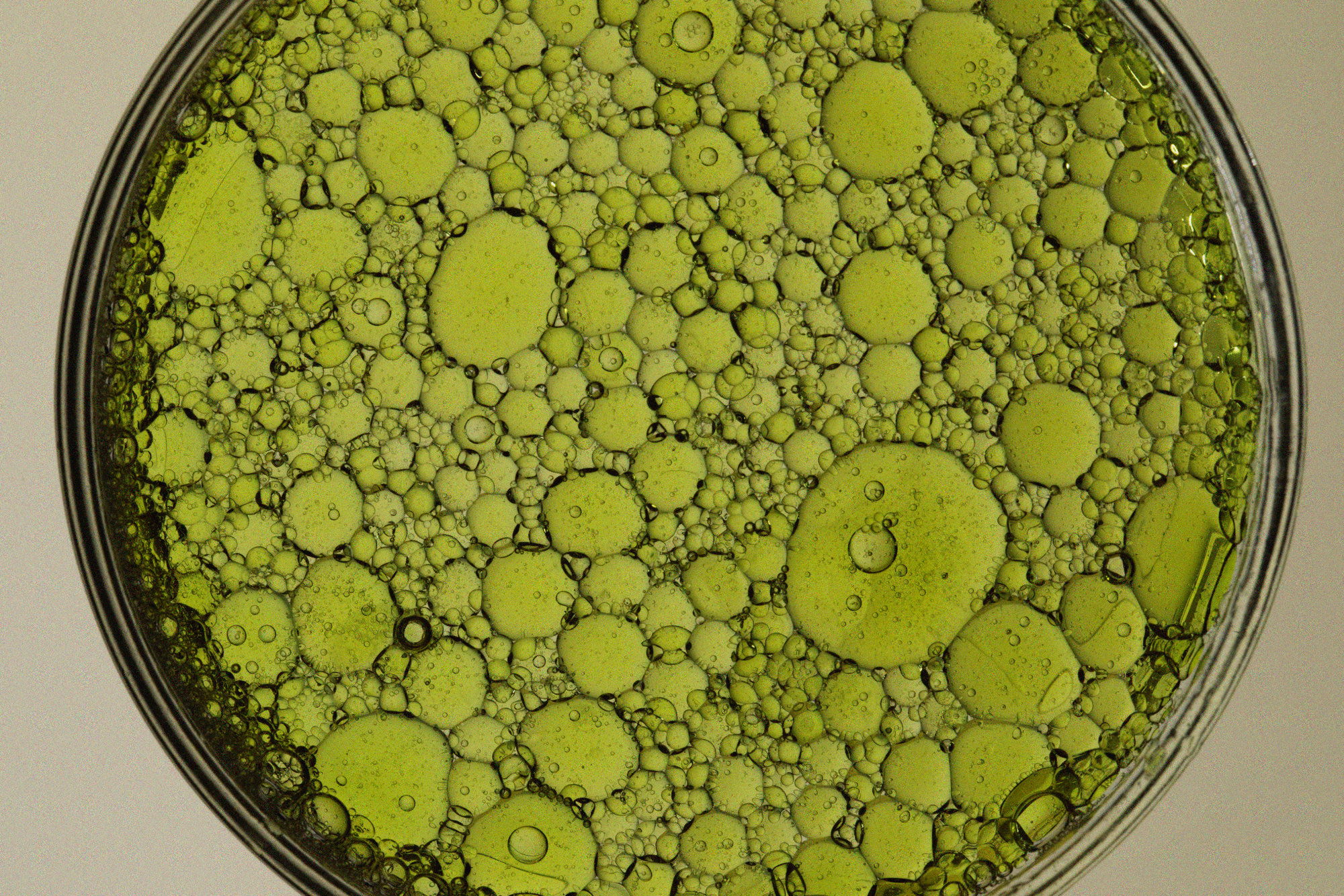Your skin is the largest organ of your body and acts as a protective barrier. It is a complex environment filled with microorganisms, collectively known as the skin microbiome, aka skin microbiota (stay with us here, it's about to get a little science-y). This intricate community of bacteria, fungi, viruses, and other microorganisms play an important role in maintaining healthy skin and overall well-being. In this blog post, we're chatting about all things in the world of the face skin microbiome, why balance is essential, signs of a compromised microbiome, key do's and don'ts and calling out some BS claims we've seen floating around the internet.
What is the Skin Microbiome?
The skin microbiome refers to the array of microorganisms that live on the skin's surface. This ecosystem is unique to each individual, influenced by factors such as genetics, skin health, environment, hygiene habits, and the use of skincare/makeup products - there's no one-size-fits-all going on here. These microorganisms play a vital role in protecting the skin from harmful invaders, regulating pH levels, and even contributing to immune responses. A balanced skin microbiome contributes to a clear complexion, hydration, and overall skin health.
Importance of a Balanced Skin Microbiome
Maintaining a balanced skin microbiome is important for skin health. Firstly, it creates a protective barrier against bad bacteria, preventing skin infections and irritations. A balanced microbiome supports the skin's natural ability to retain moisture, leading to a radiant and youthful complexion, AKA glowy, healthy-looking skin - our ultimate goal, always. Studies have also shown a link between an imbalanced microbiome and skin conditions such as acne, eczema, and rosacea. Therefore, nurturing your skin microbiome can lead to healthier, happier skin.
Signs of Compromised Microbiome
An imbalanced skin microbiome can make itself known in many ways. If you notice things like redness, dryness, or excessive oiliness, it may be a sign that your microbiome is compromised. Breakouts and irritations that seem resistant to treatment can also indicate an imbalance. In severe cases, the skin may become more susceptible to infections and sensitivity. It’s important to note that there could be other underlying issues that are causing the imbalance. If you suspect your microbiome is compromised, we advise chatting to a healthcare professional and/or dermatologist to understand the root cause and create a plan on how to restore balance.
Do’s and Don’ts for a Healthy Skin Microbiome
To maintain a thriving skin microbiome, here are some do’s and don’ts to consider:
Do's:
- Use a gentle pH-balanced cleanser: Avoid harsh soaps that strip the skin of its natural oils and disrupt the microbiome.
- Stay hydrated: Drinking plenty of water helps keep your skin hydrated and supports barrier functions. We love a hydrated queen!
- Eat a balanced diet: A diet rich in fruits, vegetables, and whole grains provides essential nutrients for skin health.
- Manage stress: Chronic stress can negatively impact the microbiome because stress weakens the immune system response making your skin more susceptible to infections and inflammation, so practice self-care and slow down dear.
Don’ts:
- Over-cleansing unnecessarily: Washing your face excessively can disturb the microbiome and lead to dryness. We want to keep your skin’s natural oils and microbiome staying happy in harmony for as long as possible. We recommend a simple double-cleanse routine after a long day that’s effective yet gentle on your skin.
- Excessive use of chemical or physical exfoliants: Harsh and abrasive exfoliation can disrupt the natural balance of the skin and lead to dryness, irritation and sensitivity.
- Misuse of strong topical treatments: ointments or medications: Unless you are treating a skin condition. These treatments can sometimes contain antimicrobial agents or other ingredients that may directly affect the skin microbiome, i.e steroid creams. Some might disrupt the balance of the microbiome, wiping out both beneficial and harmful bacteria on your skin. Use as prescribed by your doctor or dermatologists.
Myths about the Skin Microbiome
We've seen a few myths floating around the internet…ahem *TikTok*. So, it's only right that we debunk them.
- All bacteria are harmful - Wrong! A diverse and balanced community of bacteria on the skin is beneficial for skin health.
- Another myth is that a sterile, bacteria-free environment is ideal for the skin, whereas a balanced microbiome is actually essential to skin healing and overall defence mechanisms.
- Lastly, assuming that skincare products need to have high dosages in order for it to be effective can, in turn, disrupt the microbiome's balance (i.e. high concentrations of AHA/BHA, retinoids and anti-microbial agents not used appropriately can lead to the removal of beneficial bacteria on your skin causing an imbalance of the microbiome.
The face skin microbiome is a pretty powerful thing with many microorganisms that influences the health of our skin.
Maintaining a balanced microbiome is crucial for healthy, radiant skin and overall well-being. By understanding the significance of the microbiome, recognising signs of imbalance, following do's and don'ts, and disregarding those myths, we can better understand the relationship between our skin and our bodies. A balanced microbiome = healthy glowing skin.
It's important to note that research into the skin microbiome is relatively young and is still ongoing compared to other areas of skin research which have been established for decades. Though in the past decade, there have been increasing numbers of studies directly focusing on the skin microbiome's composition as well as its interaction with skin health, skin cleansing and skin conditions like eczema, acne, etc. Maintaining a healthy lifestyle, managing stress through relaxation techniques, proper sleep, and a balanced diet, and adopting good skin care practices can all contribute to supporting a balanced and healthy skin microbiome. If you have specific concerns about your skin's health, it's advisable to consult with a dermatologist or healthcare professional.
Here are some clinical studies we've referenced throughout our blog:
The Relation of pH and Skin Cleansing
- https://pubmed.ncbi.nlm.nih.gov/30130782/
The human skin microbiome
- https://pubmed.ncbi.nlm.nih.gov/29332945/
The Effect of cleansers on the skin microbiome
- http://v2.practicaldermatology.com/pdfs/PD0320_ResidentsRsrcCtr.pdf
- https://link.springer.com/article/10.1007/s40257-020-00531-1




